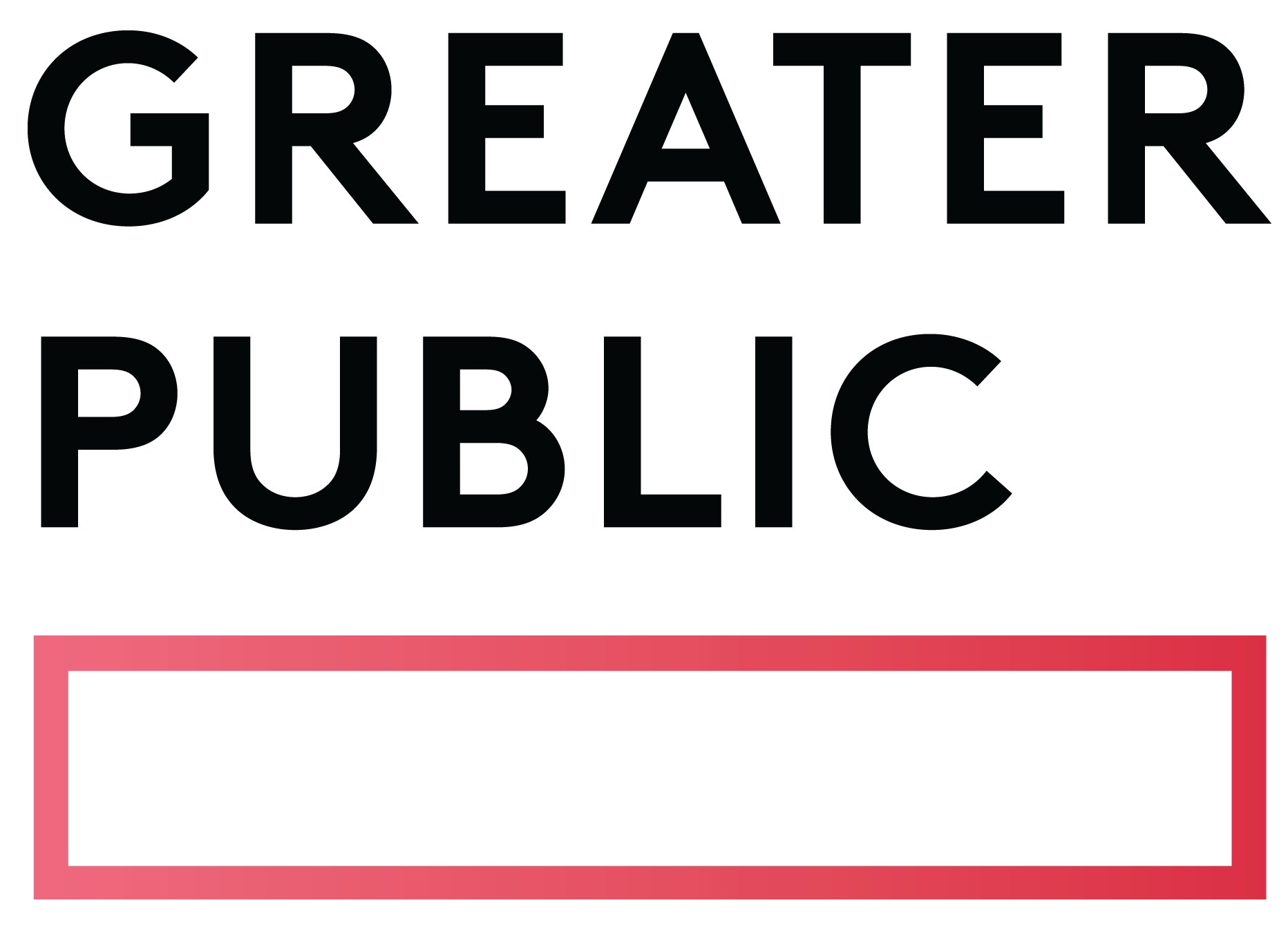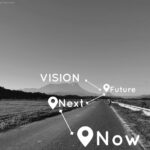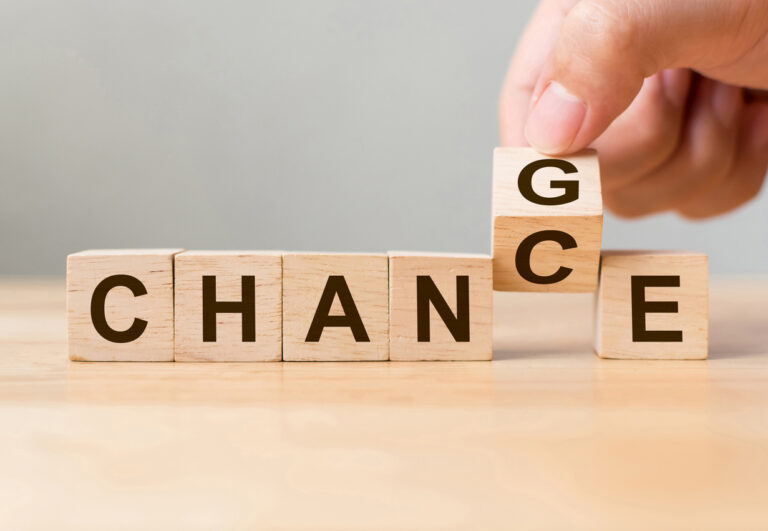Minal Bopaiah, an equity strategist who wrote Equity: How to Design Organizations Where Everyone Thrives, sheds light on the connection between bias and communication. “If an injustice occurs in the workplace, addressing the injustice requires difficult conversations,” she explains. In a high-trust environment, these conversations can be open and frank, allowing for accountability and moving forward. Conversely, a lack of trust makes addressing issues difficult. In low-trust organizations, “When you make a mistake, even if it’s unintentional, it’s more likely to be perceived as discrimination.”
“Discrimination,” Bopaiah adds, “Is when somebody’s impression of you is based on stereotypes of how they think people of certain identities should behave.”
This may be presented as feedback, but, Bopaiah points out, “Often feedback is just people telling you what their biases are.” An example might be telling a woman she’s “overly confident.”
“Really good feedback should be behavior-specific,” Bopaiah explains. Observable behaviors might include advising someone to “ask more questions, or cite your research,” she says. “[That’s not an] opinion, [but rather], objective things that you can actually ask for in an individual.”
In organizations that welcome difficult conversations, staff may be more likely to challenge the bias they receive and examine the biases they hold. “[They] may be more likely to ask, ‘Where is that [opinion] coming from?’ and ‘What does it mean to say that to a woman?’” Bopaiah says. When bias is identified in a workplace with skilled and open communication, there is more opportunity to work through it.








